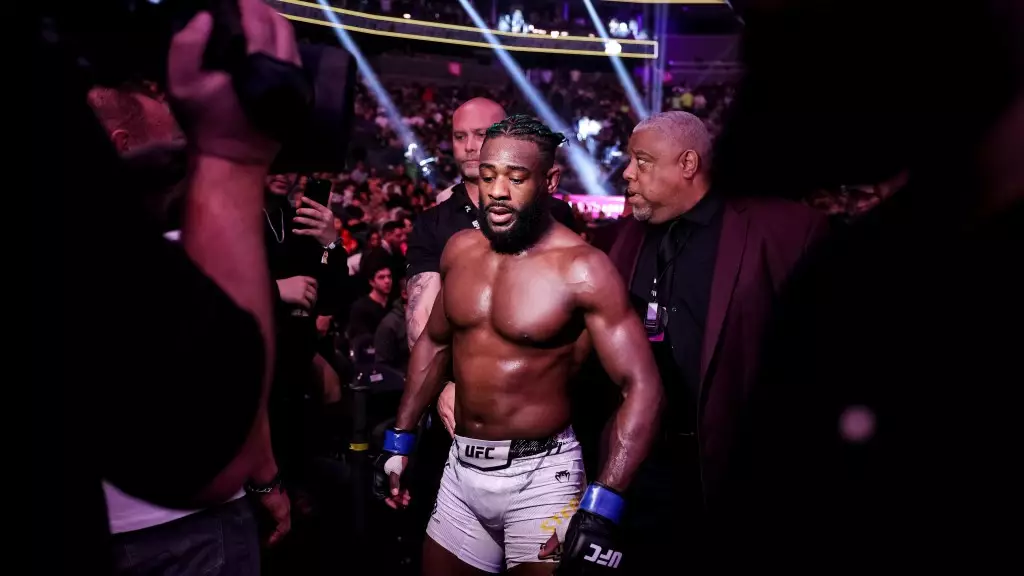Aljamain Sterling’s presence on the preliminary card of UFC 310 has stirred significant debate within the MMA community. Once a dominant bantamweight champion, Sterling (24-4 MMA, 16-4 UFC) now finds himself in a critical featherweight matchup against Movsar Evloev, a fighter with an unblemished record of 18-0 (8-0 UFC). Despite the stakes, the UFC has relegated Sterling’s fight to the preliminary section of the event, while other bouts like Nate Landwehr versus Doo-ho Choi take center stage on the main card. This decision raises questions about how the promotion values former champions and their transitions between weight classes.
Sterling is currently ranked No. 5 in the featherweight division, while Evloev sits at No. 9. This matchup is critical not only for both fighters but also for shaping the title picture in the featherweight category. However, it seems surprising that a contest of this magnitude would not enjoy a main card placement. Leading MMA figures, including former fighter Chael Sonnen, have expressed concern over this decision. Sonnen argues that Sterling’s past achievements as a champion in one division should not be diminished when he competes in another. He remarks that historically, champions making a transition typically have a clear path back to contend for a title after just one victory.
Sonnen highlighted notable examples from the UFC’s history where former champions like Alex Pereira and Kamaru Usman were afforded immediate title contention opportunities upon their successful moves up in weight. In contrast, Sterling’s road appears more complicated, as he has already secured two wins in the featherweight division but seems to be without a clear title shot in the near future. This situation raises the issue of how fighters are perceived upon moving between weight classes. It’s essential to establish stronger pathways for champions transitioning to new divisions, as their previous accolades should bolster their standing rather than hinder them.
In addition to his long-standing status as a top fighter, Sterling has shown his ability to adapt. Over his last eleven UFC bouts, he boasts an impressive record of 10-1, which includes three successful title defenses and a hard-fought victory over Calvin Kattar in his featherweight debut. Yet, losing the title to Sean O’Malley has marked a turning point in how Sterling is regarded. Despite this setback, his consistency in performance argues for a higher regard from both fans and the UFC itself. It’s crucial not to overlook the resilience and capabilities of such a fighter, and his elevation of the sport deserves recognition.
As Sterling prepares to face Evloev, there’s a palpable sense of urgency for him to reaffirm his status as a top contender. Winning this fight could lead to a renewed focus from the UFC regarding his potential for title contention. However, much remains to be seen about how the promotion will treat his continued evolution in the sport. Navigating the complexities of matchmaking and public perception, Sterling must capitalize on this opportunity to remind everyone of the tenacious champion he remains—one who is more than worthy of main event spotlight. The MMA landscape is ever-evolving, and how Aljamain Sterling capitalizes on his fight at UFC 310 will determine not only his future but also the promotion’s approach toward recognizing former champions in new divisions.

